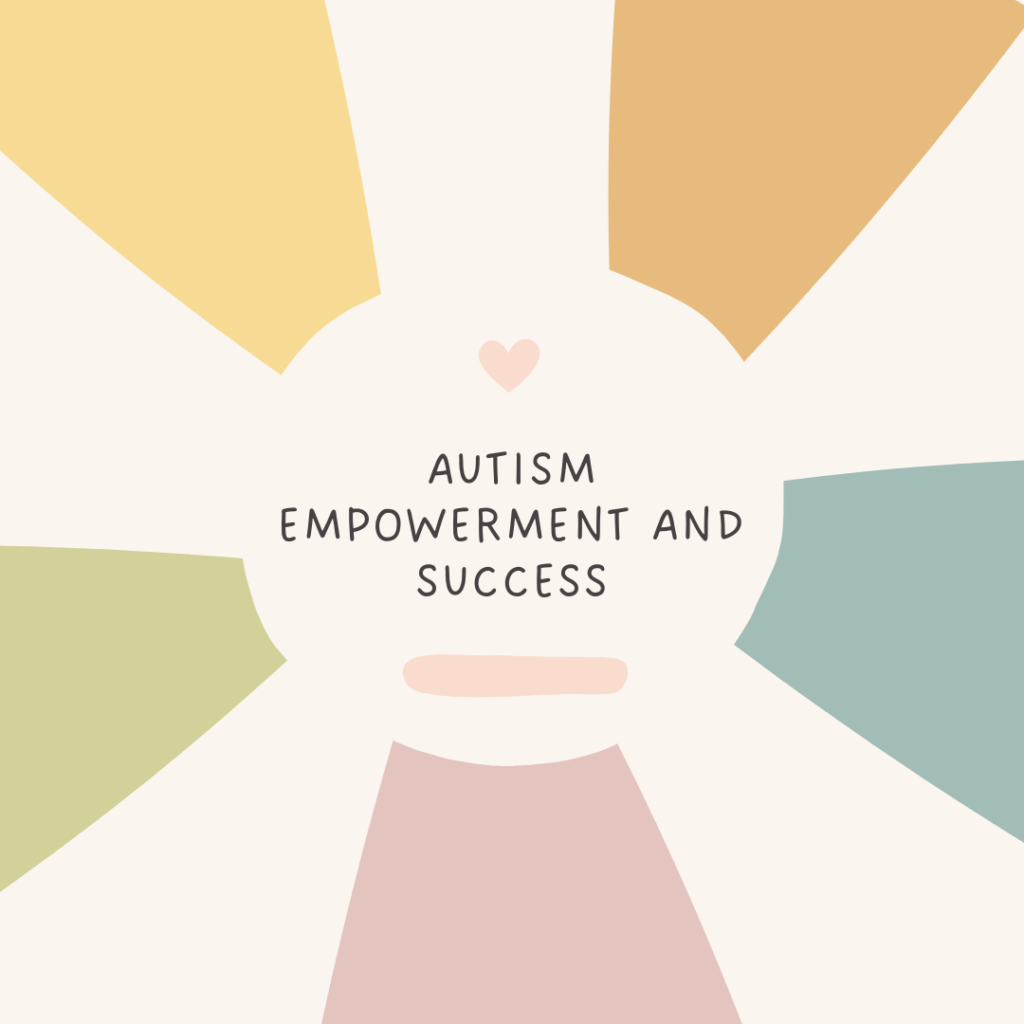
Autism Empowerment is the process of gaining control over one’s life and achieving success despite the challenges of autism. It involves identifying your strengths and weaknesses, building a support system, and developing strategies for success.
What is Autism?
Autism is a neurodevelopmental disorder that affects communication, social interaction, and behavior. It is a spectrum disorder, which means that individuals with autism can have varying levels of impairment and abilities. Autism can present unique challenges but can also provide opportunities for personal growth and success.
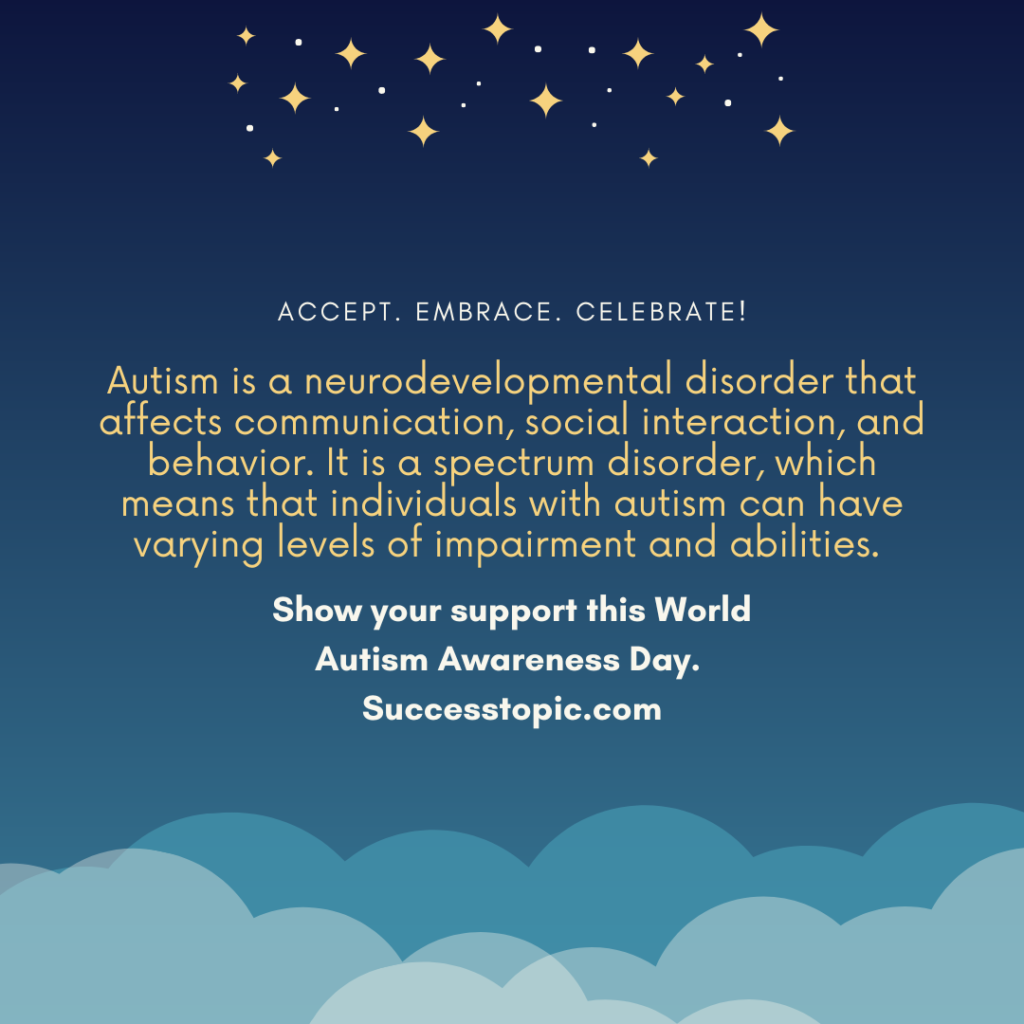
What is Empowerment?
Empowerment gives someone the tools and confidence to take control of their lives and make meaningful decisions. For individuals with autism, empowerment is especially important as it can help them overcome challenges and achieve their goals.
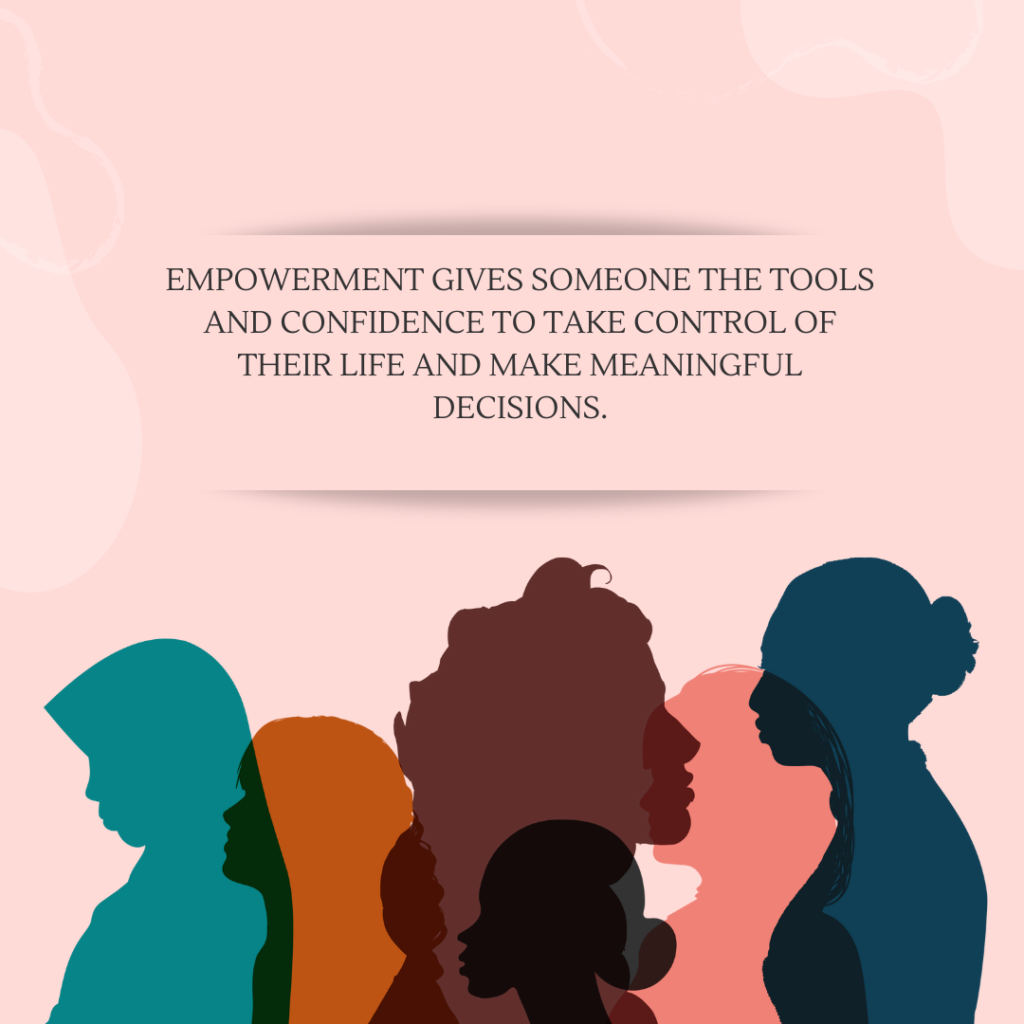
What is an Autism Empowerment?
Autism Empowerment begins with understanding your strengths and weaknesses. It’s important to identify your areas of expertise and what you enjoy doing. This will help you set realistic goals and develop a plan to achieve them. Autism Empowerment is the act of promoting and supporting autistic people in their lives. It’s about recognizing the strengths of being autistic and using those strengths to achieve goals.
Autistic self-advocacy is an important part of Autism Empowerment because it allows you to advocate for yourself and other autistic people. You can use your voice as an autistic person to speak up about issues that affect you or others like you, such as discrimination or lack of access to services or support.
What are the Key Strategies for Autism Empowerment?
Here are some key strategies for achieving Autism Empowerment.
There are several strategies that can help you achieve success and Autism Empowerment. One is to break down your goals into small, manageable steps. Another is to practice self-care, including getting enough rest, eating well, and staying physically active. It’s also important to learn how to advocate for yourself and ask for help when you need it.
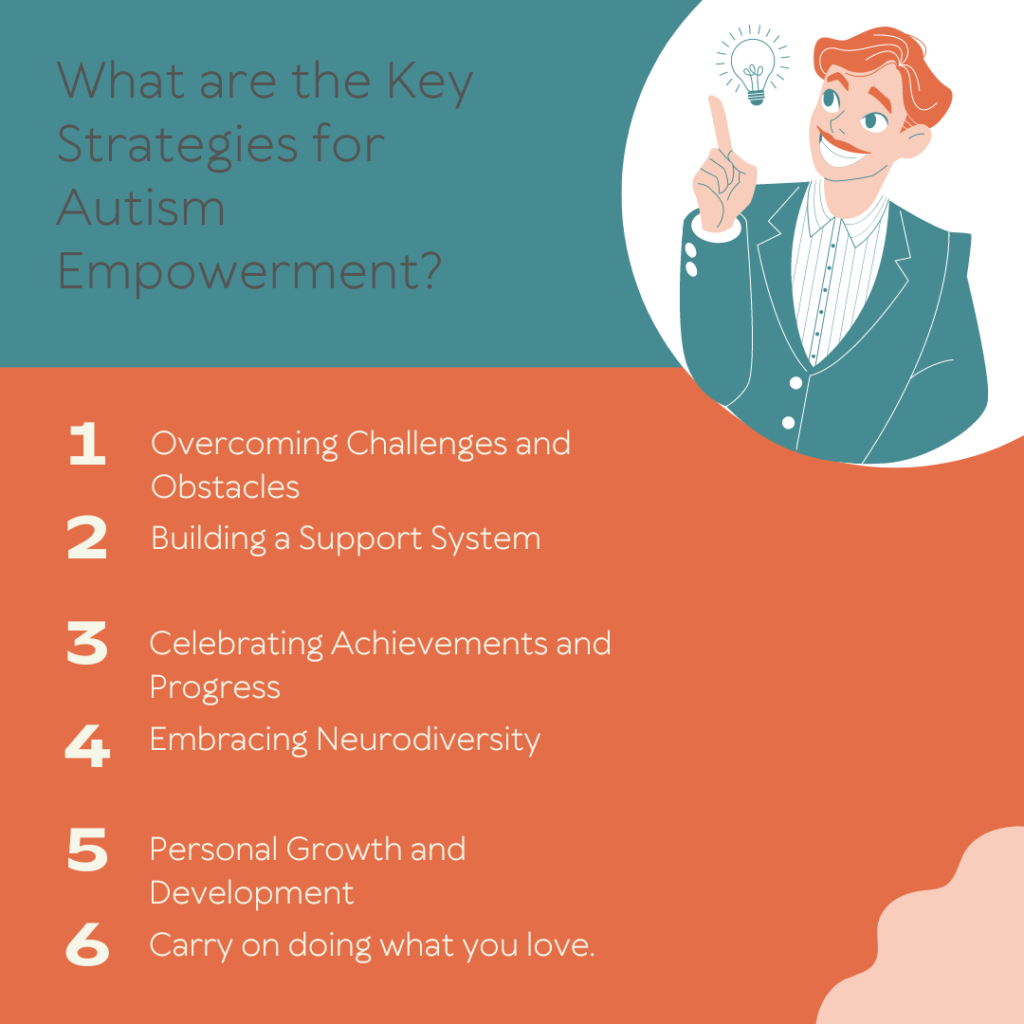
Overcoming Challenges and Obstacles for Autism Empowerment
Overcoming challenges and obstacles is crucial to achieving success and empowerment as an autistic person. Many individuals with autism face unique challenges and barriers that can make achieving their goals more difficult, but with the right strategies and mindset; it is possible to overcome these obstacles.
Sensory Overload
One of the biggest challenges that autistic individuals face is sensory overload. Sensory overload occurs when an individual is bombarded with too much sensory information, such as loud noises, bright lights, or strong smells. This can lead to feelings of overwhelm, anxiety, and even physical discomfort. To overcome this challenge, autistic individuals can use strategies such as wearing noise-canceling headphones, using fidget toys to help regulate sensory input, or taking regular breaks to relax and recharge.
Social Isolation
Another obstacle that autistic individuals may face is social isolation and difficulty making connections with others. This can be particularly challenging for those who struggle with social communication and understanding social cues. To overcome this challenge, autistic individuals can seek out supportive communities and social groups to connect with others with similar interests and experiences. Online communities can also be a great resource for connecting with others and finding support.
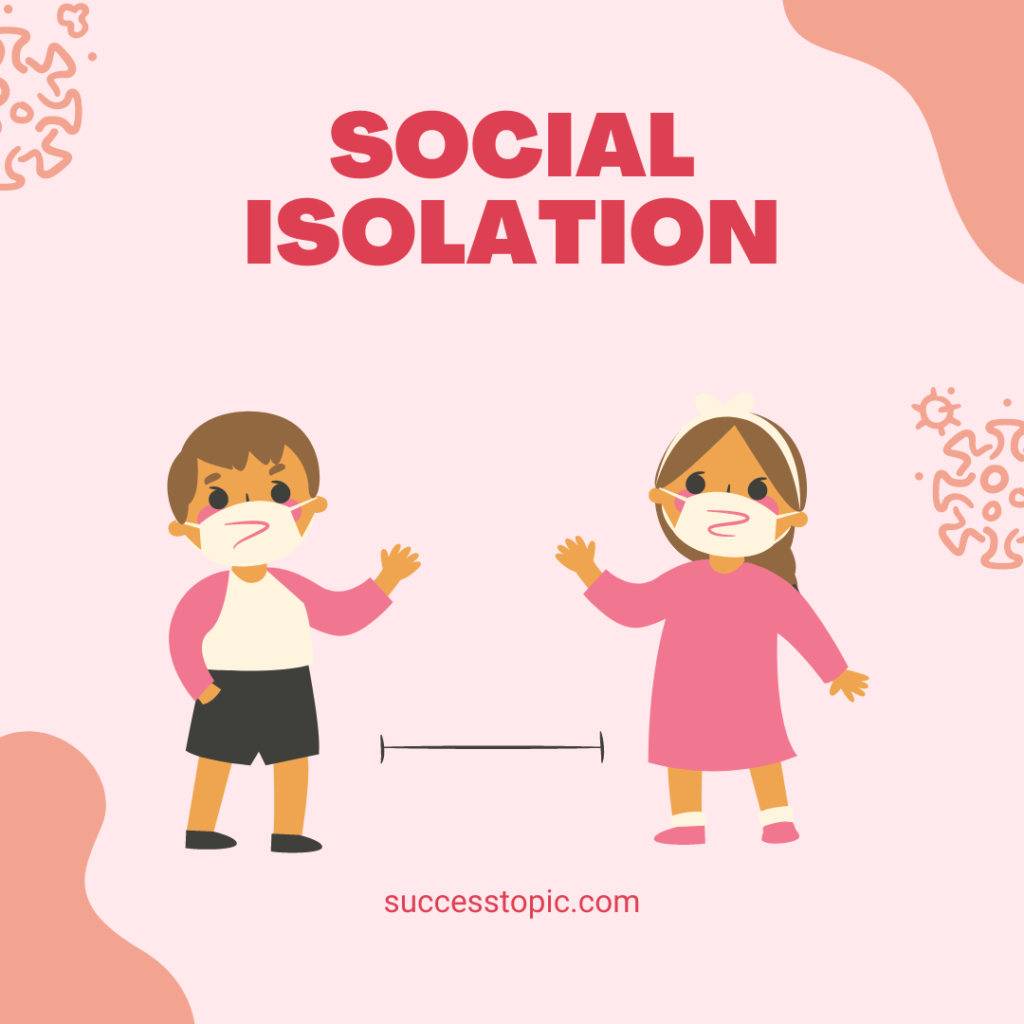
Executive functioning difficulties
Executive functioning difficulties can also pose a significant challenge for autistic individuals. Executive functioning refers to a set of skills that are essential for planning, organizing, prioritizing, and completing tasks. Autistic individuals may struggle with executive functioning skills, which can make it difficult to manage their time effectively or stay focused on their goals. To overcome this challenge, autistic individuals can use strategies such as breaking tasks down into smaller, more manageable steps, using visual aids or reminders to stay on track, and seeking out professional support or coaching.
Stigma and discrimination
Stigma and discrimination can pose a significant barrier for autistic individuals in terms of accessing resources and opportunities and feeling valued and respected in society. To overcome this challenge, autistic individuals can become advocates for themselves and others, speaking out against discrimination and advocating for more inclusive policies and practices. Building a supportive network of allies and seeking out community involvement opportunities can also help combat stigma and promote acceptance and understanding of autism.
Building a Support System
Building a support system is an essential part of achieving success and Autism Empowerment. Having a supportive network of family, friends, professionals, and community members can provide critical resources, guidance, and encouragement to help you overcome challenges and achieve your goals.
Here are some key strategies for building a strong support system for Autism Empowerment:
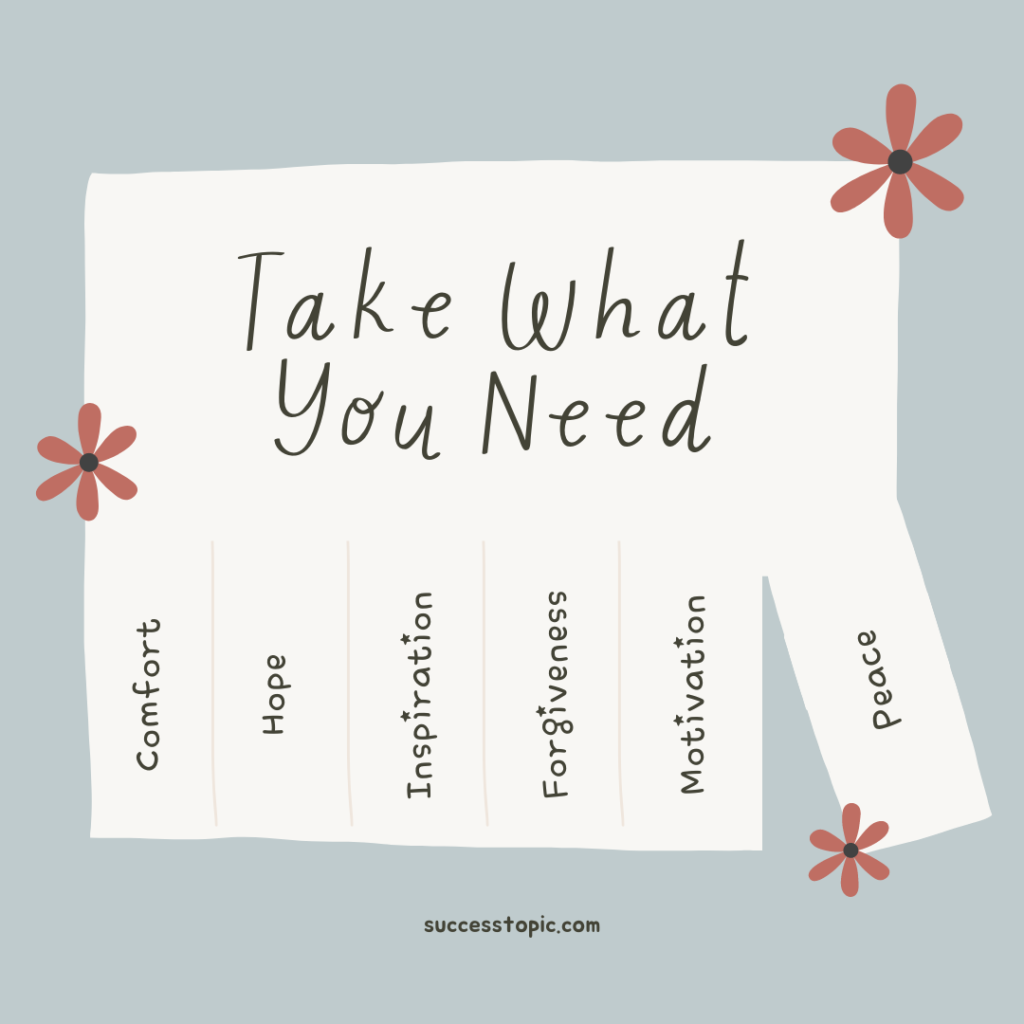
Identify your needs
The first step in building a support system is to identify your needs. What kind of support do you need to achieve your goals and overcome challenges? Do you need help with daily tasks, emotional support, or professional guidance? Once you have identified your needs, you can begin to seek out the resources and people who can provide that support.
Connect with family and friends for Autism Empowerment.
Family and friends can be excellent sources of support, both emotionally and practically. Reach out to your loved ones and let them know what kind of support you need. Be clear about your goals and how they can help you achieve them. Consider joining a support group for families and caregivers of autistic individuals to connect with others who share similar experiences.
Seek out professionals
Professionals such as doctors, therapists, and coaches can provide critical guidance and support to help you overcome challenges and achieve your goals. Seek out professionals who have experience working with autistic individuals and who can provide tailored support and resources.
Build a community
Building a community of like-minded individuals can provide a sense of belonging and support. Consider joining an autism advocacy group, a local community center, or a special interest group related to your hobbies or passions. These communities can provide opportunities for social connection, advocacy, and support.
Advocate for yourself
Advocating for your needs and rights is essential to building a strong support system. Learn about your legal rights as an autistic person, and don’t be afraid to speak up when those rights are being violated. Advocate for the accommodations and support you need to succeed in school, work, and other areas of your life.
Celebrating Achievements and Progress for Autism Empowerment
Celebrate your progress, no matter how small it may seem. If you have a child with autism, celebrate every step they take toward reaching their goals. Even if they don’t seem to be making much progress at the moment, remember that every day is an opportunity for them to learn something new or make a little more progress than the day before. When you’re celebrating these achievements and milestones, keep in mind that there are many different ways of measuring success:
- How far has your child come since starting therapy?
- How much has their behavior improved since starting medication?
- Have any daily routines become easier thanks to interventions such as sensory integration therapy (SIT) or occupational therapy (OT)?
Tracking Progress & Measuring Success
Keep track of what works best for each individual person by keeping records of all therapies received; medications taken; foods consumed; sleep patterns monitored; etc., along with any other information related specifically towards improving quality of life such as mood swings/depression levels tracked over time through surveys given periodically throughout the treatment period(s).
Embracing Neurodiversity
Autism Empowerment involves embracing neurodiversity, or the idea that different brains work differently. It’s important to recognize that autism is just one way of being in the world and that neurodiversity is a valuable part of human diversity. Embracing neurodiversity can help you feel more confident and proud of who you are.
Here are some strategies for embracing neurodiversity:
Celebrate strengths for Autism Empowerment
Autistic individuals often have unique strengths and abilities that should be celebrated and valued. These strengths may include exceptional memory, attention to detail, creativity, and problem-solving skills. By focusing on these strengths rather than solely on challenges, we can help to foster a sense of pride and confidence in autistic individuals.
Focus on abilities, not deficits.
Autistic individuals may face challenges in areas such as social communication, sensory processing, and executive functioning. However, we may overlook their strengths and abilities by focusing solely on these challenges. Instead, we should focus on what autistic individuals can do rather than what they can’t do.
Promote inclusion
Inclusive environments that celebrate diversity can help to foster a sense of belonging and acceptance for autistic individuals. This includes promoting inclusive practices in schools, workplaces, and communities. For example, creating sensory-friendly spaces, providing accommodations for those with sensory processing challenges, and promoting inclusive hiring practices can help to create more welcoming environments for autistic individuals.
Encourage self-advocacy
Self-advocacy is an essential aspect of Autism Empowerment. By empowering autistic individuals to speak up for themselves and advocate for their needs, we can help to create more inclusive environments. Encourage autistic individuals to express their needs and preferences and provide them with the tools and resources they need to advocate for themselves.
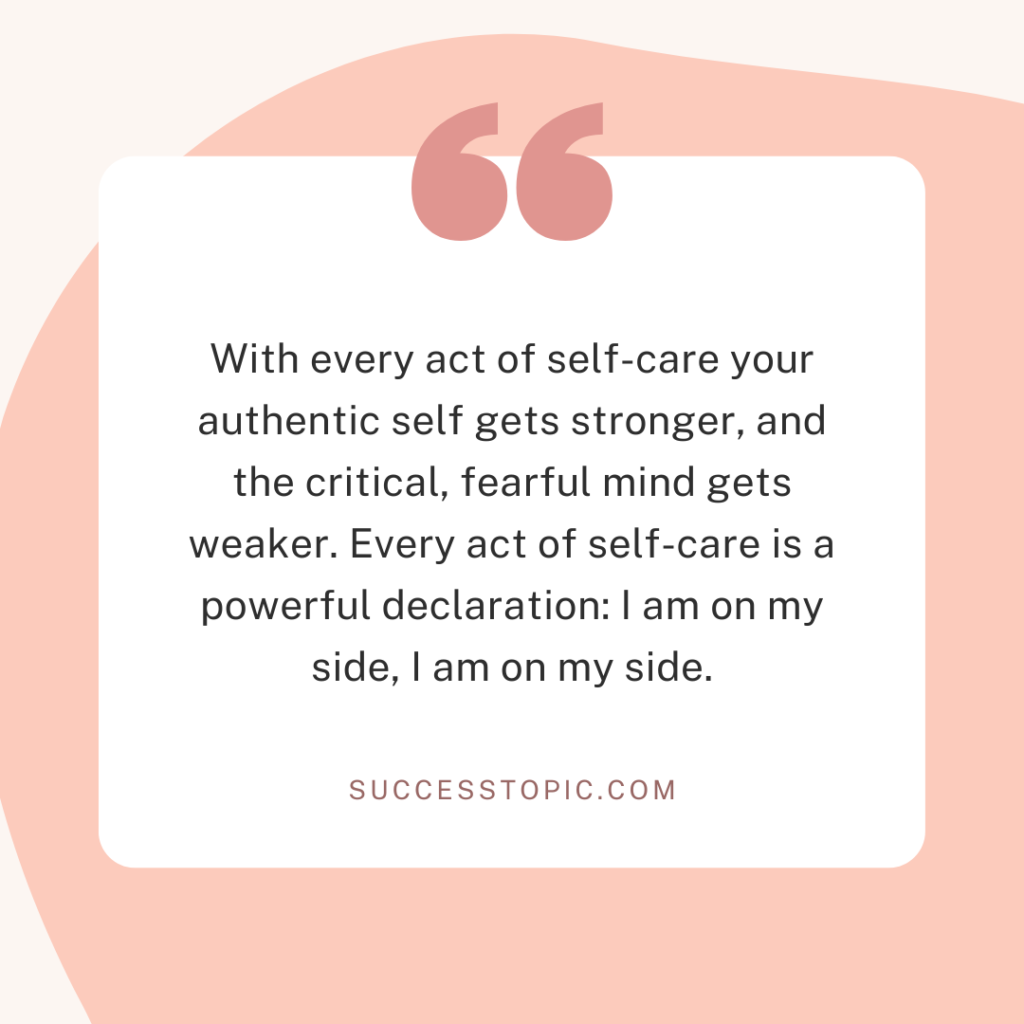
Educate others
Education is a powerful tool for promoting neurodiversity and combating stigma and discrimination. Educate others about autism, its strengths and challenges, and the importance of embracing neurodiversity. This can include educating teachers, employers, and community members about the needs and strengths of autistic individuals.
Personal Growth and Development
Autism Empowerment can also involve personal growth and development. This can include learning new skills, pursuing hobbies, or exploring your interests. It’s important to take time to do things that bring you joy and help you grow as a person.
Here are some strategies for personal growth and development for Autism Empowerment:
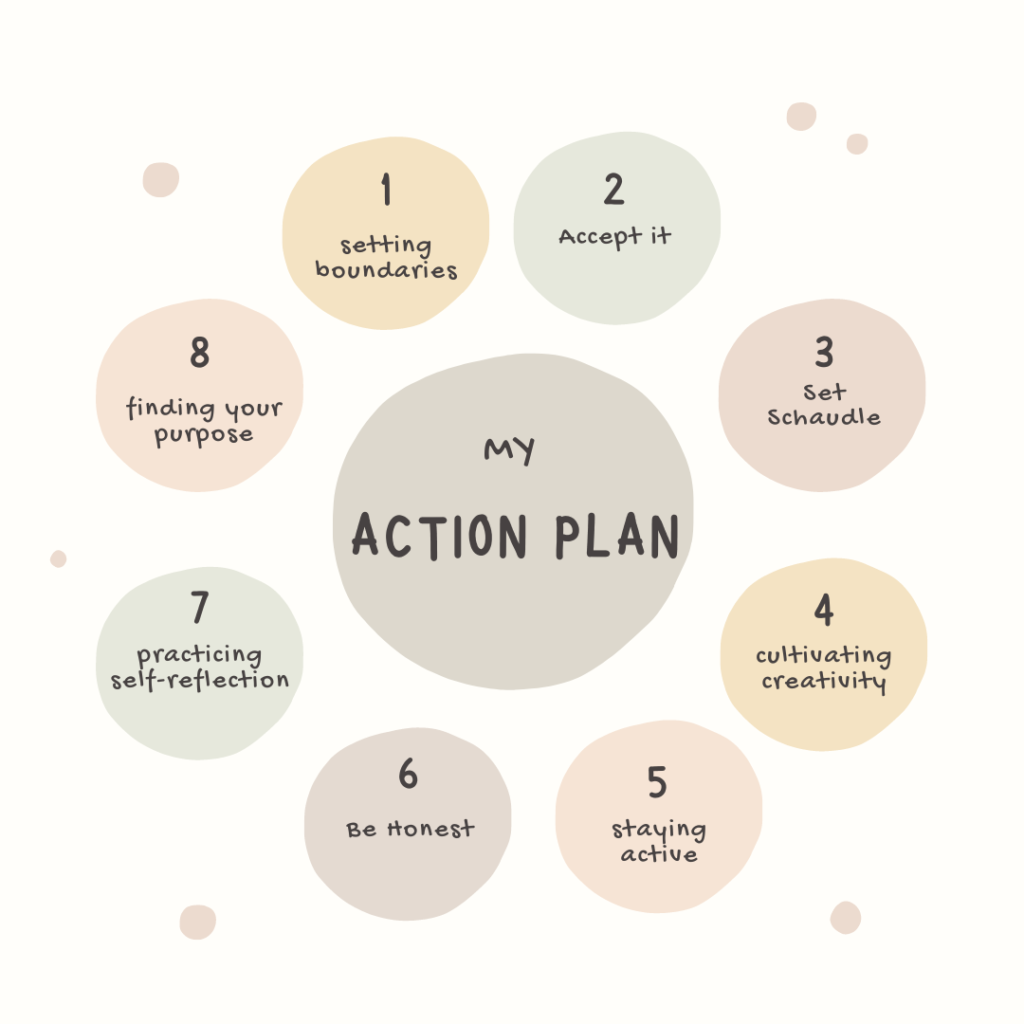
Identify your strengths and weaknesses.
Understanding your strengths and weaknesses is essential to personal growth and development. By identifying your strengths, you can build on them and use them to your advantage. By recognizing your weaknesses, you can work on improving them and turning them into strengths.
Set goals
Setting goals is a powerful way to promote personal growth and development. Goals give you direction and purpose and motivate you to work towards something meaningful. Set realistic and achievable goals that align with your values and interests.
Practice self-care
Self-care is critical for personal growth and development. Taking care of your physical, emotional, and mental health can help you feel more energized, focused, and resilient. Practice self-care by engaging in activities promoting relaxation, such as exercise, meditation, or leisure time in nature.
Seek out new experiences.
Seek out new experiences that challenge you and expose you to new perspectives and ideas. This can include trying a new hobby, traveling to a new place, or meeting new people. Trying new things can help you grow and develop in various ways.
Learn continuously
Learning is a lifelong process that can promote personal growth and development. Continuously seek opportunities to learn and grow through formal education, reading, workshops, and seminars.
Reflect on your experiences.
Reflecting on your experiences is an essential aspect of personal growth and development. Take time to reflect on your successes and challenges, and consider how you can use these experiences to learn and grow.
Advocacy and Community Involvement
Advocacy and community involvement are important parts of autism empowerment. This can include speaking out about your experiences, volunteering with local organizations, or advocating for autism acceptance and inclusion. Getting involved in your community can help you feel connected and empowered.
Resources and Tools for Autism Empowerment
There are many resources and tools available for autism empowerment. These can include therapy, support groups, online communities, or apps to help with organization or time management. Exploring these resources and finding what works best for you is important.
Wrap up
In conclusion, Autism Empowerment is about taking control of your life and achieving success despite the challenges of autism. By understanding your strengths and weaknesses, building a support system, and developing strategies for success, you can achieve your goals and live a fulfilling life.
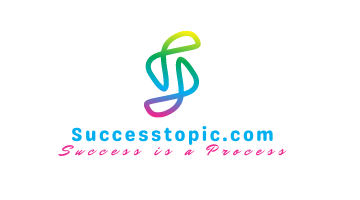
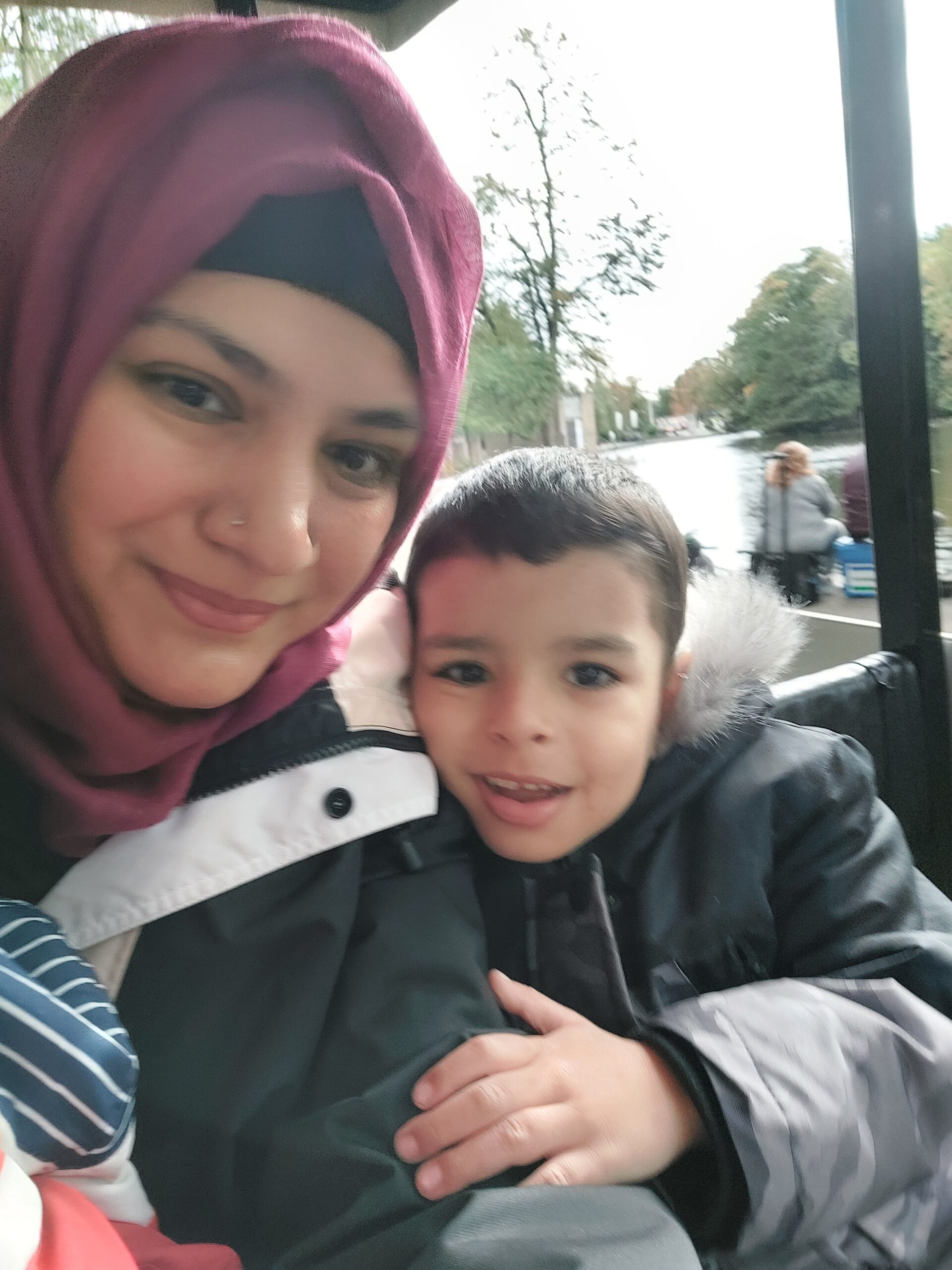

I spent over three hours reading the internet today, and I haven’t come across any more compelling articles than yours. I think it’s more than worth it. I believe that the internet would be much more helpful than it is now if all bloggers and website proprietors produced stuff as excellent as you did.